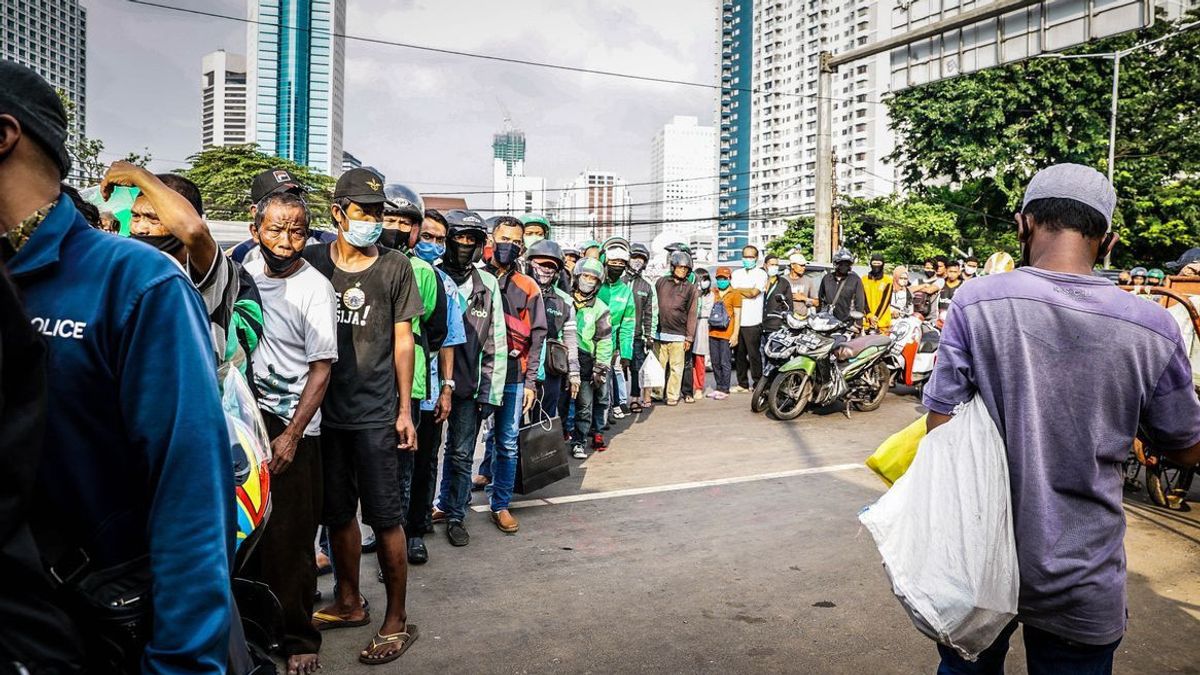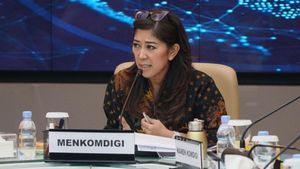JAKARTA - The government through the Ministry of Finance (Kemenkeu) said that the social protection sector in the National Economic Recovery (PEN) program was able to hold the poverty rate at the level of 10.19 percent in September 2020.
Head of the Fiscal Policy Agency (BKF) Febrio Kacaribu said this effort was a tangible manifestation of the state's presence in providing social protection during a pandemic.
"This means that the PEN program throughout 2020 is estimated to be able to save more than 5 million new poor people," he said in a press statement on the official website, Tuesday, February 16.
As evidence, Febrio then revealed the data released by the Central Statistics Agency (BPS). According to him, the number of poor people in Indonesia in September 2020 reached 27.55 million people, or an increase of 2.76 million people compared to September 2019.
In percentage terms, the poor population in September 2020 was equivalent to 10.19 percent of the total population of Indonesia or an increase of 0.97 percentage points compared to the same period last year.
"The government's policy intervention not only protects the poor and vulnerable, but also the middle class," he said.
For example, he mentioned several strategic government programs, such as the Family Hope Program (PKH), Basic Food Cards, Village Fund Direct Cash Assistance, Pre-Work Cards, Electricity Discounts, and Internet Quota Subsidies.
"The temporary realization of social protection programs to support household consumption throughout 2020 reached Rp. 220.39 trillion, higher than the initial allocation of Rp. 203.9 trillion," he continued.
For information, the Ministry of Finance continues to optimize the function of the APBN, especially PEN, as an important instrument in dealing with COVID-19 and restoring the economy.
"With the latest economic trends, the government is optimistic that the pandemic can be controlled and socio-economic activities will continue to recover gradually so that poverty and unemployment rates in the future can decline again," concluded Febrio.
The English, Chinese, Japanese, Arabic, and French versions are automatically generated by the AI. So there may still be inaccuracies in translating, please always see Indonesian as our main language. (system supported by DigitalSiber.id)













